- Automobiles & Motorcycles
- Beauty & Personal Care
- Business Services
- Chemicals
- Construction & Real Estate
- Consumer Electronics
- Electrical Equipment & Supplies
- Electronic Components & Supplies
- Energy
- Environment
- Excess Inventory
- Fashion Accessories
- Food & Beverage
- Furniture
- Gifts & Crafts
- Hardware
- Health & Medical
- Home & Garden
- Home Appliances
- Lights & Lighting
- Luggage, Bags & Cases
- Machinery
- Measurement & Analysis Instruments
- Mechanical Parts & Fabrication Services
- Minerals & Metallurgy
- Office & School Supplies
- Packaging & Printing
- Rubber & Plastics
- Security & Protection
- Service Equipment
- Shoes & Accessories
- Sports & Entertainment
- Telecommunications
- Textiles & Leather Products
- Timepieces, Jewelry, Eyewear
- Tools
- Toys & Hobbies
- Transportation
What is silicone film?
Silicone film, a flexible and versatile material, has found its way into numerous industries due to its unique properties and applications. From industrial uses to consumer products, silicone film has become a go-to material for various purposes.
Characteristics of Silicone Film:
Flexibility and Elasticity:Silicone film is known for its remarkable flexibility and elasticity. This characteristic makes it easy to mold and adapt to different shapes, providing a versatile solution for various applications.
Temperature Resistance:One of the standout features of silicone film is its exceptional temperature resistance. It can withstand both high and low temperatures, making it suitable for applications in extreme environments.
Chemical Inertness:Silicone is inherently chemically inert, meaning it is resistant to many chemicals and solvents. This property makes silicone film an ideal choice for applications where exposure to diverse substances is a concern.
Non-Toxic and Hypoallergenic:Silicone is non-toxic and hypoallergenic, making it safe for use in medical and food-grade applications. It does not react with body tissues and is often used in medical implants and kitchenware.
Water Repellency:Silicone exhibits excellent water repellency. This property is advantageous in applications where a waterproof or moisture-resistant material is required.
Electrical Insulation:Silicone is an excellent electrical insulator. Silicone film is commonly used in electrical applications to provide insulation and protection for electronic components.
Applications of Silicone Film:
Medical and Healthcare:Silicone film is widely utilized in the medical industry for various applications, including surgical instruments, wound dressings, and medical implants. Its biocompatibility and hypoallergenic nature make it suitable for direct contact with the human body.
Further reading:Shield Your Aluminum Profiles with PE Protective Film: A Comprehensive Guide
Biodegradable Packaging Bags: A Sustainable Solution for the Future
Euro Head Caps vs. Screw Caps: A Comparison
PVC Aluminum Profile Protective Film: Applications and Advantages
Dry Sublimation Paper: A Comprehensive Guide to Printing on Various Surfaces
What products can be stored in child-resistant tins?
Understanding LPG Cylinder Installation and Maintenance: A Comprehensive Overview
Electronics and Electrical Insulation:Due to its electrical insulation properties, silicone film is employed in the electronics industry to insulate and protect sensitive electronic components. It is used in the manufacturing of flexible printed circuit boards (FPCBs) and other electronic devices.
Packaging and Wrapping:Silicone film's flexibility and ability to cling to surfaces make it a preferred material for food packaging and kitchen use. It is often used as a wrap for preserving the freshness of food items.
Industrial Applications:Silicone film is used in various industrial applications, such as gaskets, seals, and insulation. Its resistance to high temperatures and chemicals makes it suitable for challenging industrial environments.
Solar Panels:In the renewable energy sector, silicone film is employed in the production of solar panels. Its durability and weather resistance make it an ideal protective layer for solar cells.
Automotive Industry:Silicone film finds applications in the automotive sector, particularly in gaskets, seals, and electrical components. Its resistance to extreme temperatures and environmental conditions makes it valuable in this industry.
Silicone film's remarkable combination of flexibility, temperature resistance, and chemical inertness has positioned it as a valuable material across diverse industries. From medical advancements to everyday kitchen use, silicone film continues to demonstrate its versatility and adaptability. As technology advances and new applications emerge, silicone film is likely to play an increasingly significant role in shaping various industries.
The Difference Between Thermoforming and Cold Forming
Non-Wet Strength Metallized Paper: A Versatile Solution for Various Applications
Choosing the Right Handheld Inkjet Printer: Features and Considerations
Ideas for Incorporating Shrink Film into Creative Promotional Packaging Designs
Choosing the Right LPG Gas Cylinder: Size, Capacity, and Usage Considerations
Where Can I Find Custom Jewelry Packaging Suppliers?
Benefits of UV Curable Ink in Screen and Digital Printing
Related Articles
If you are interested in sending in a Guest Blogger Submission,welcome to write for us!





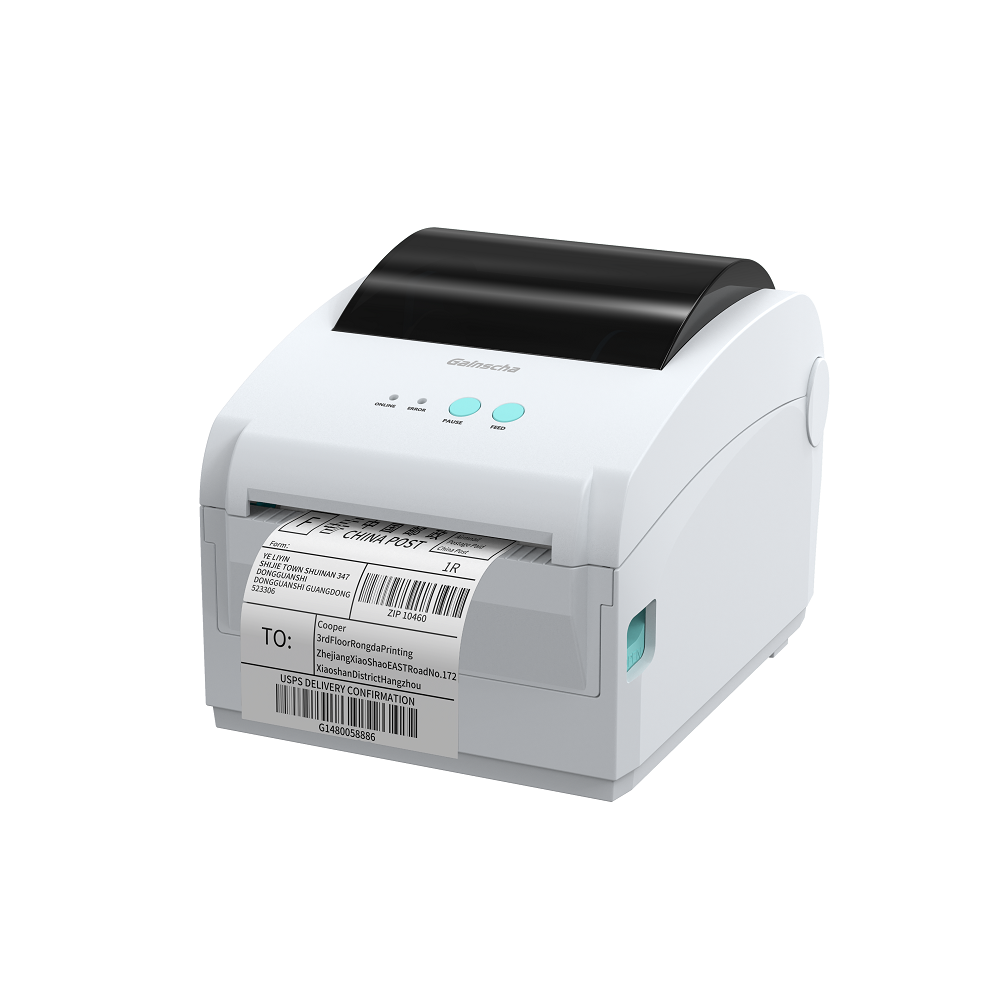
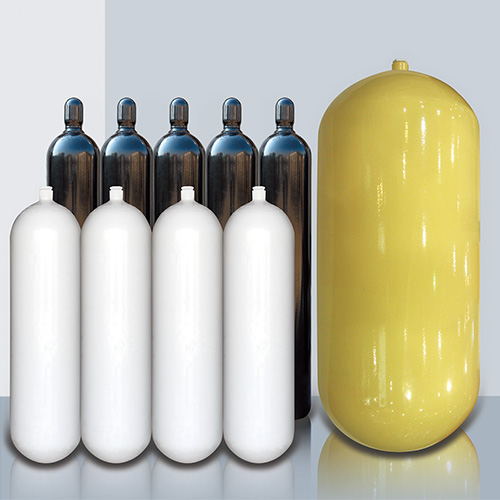
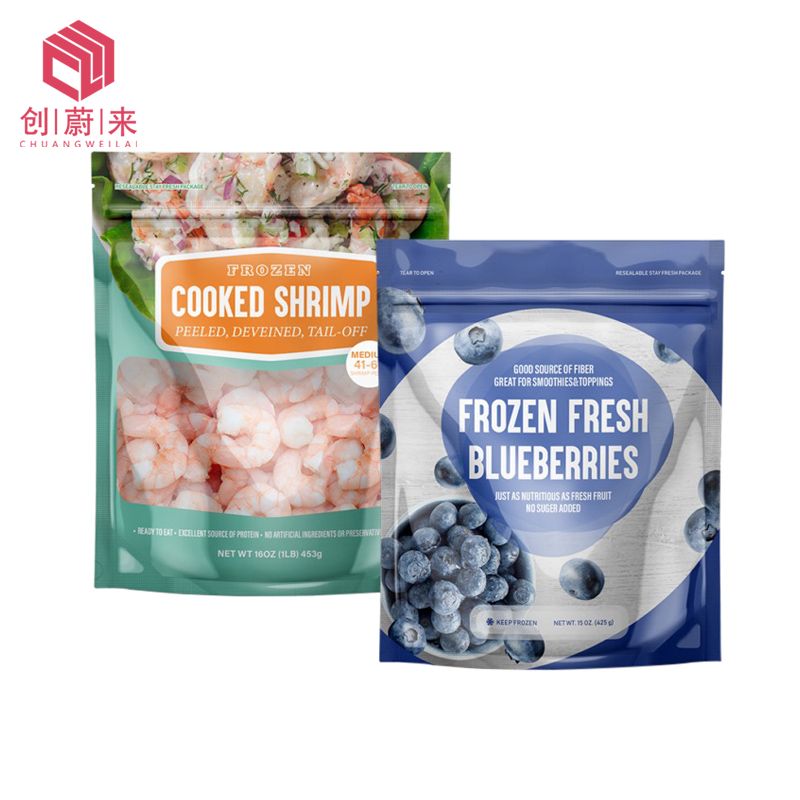
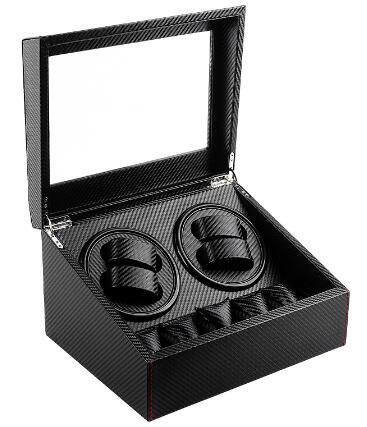
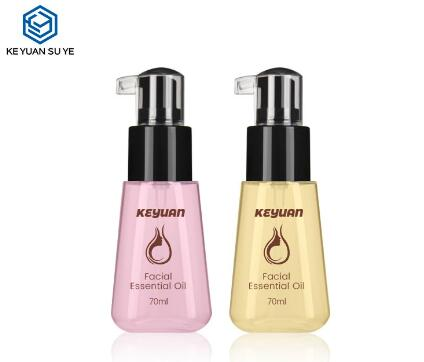
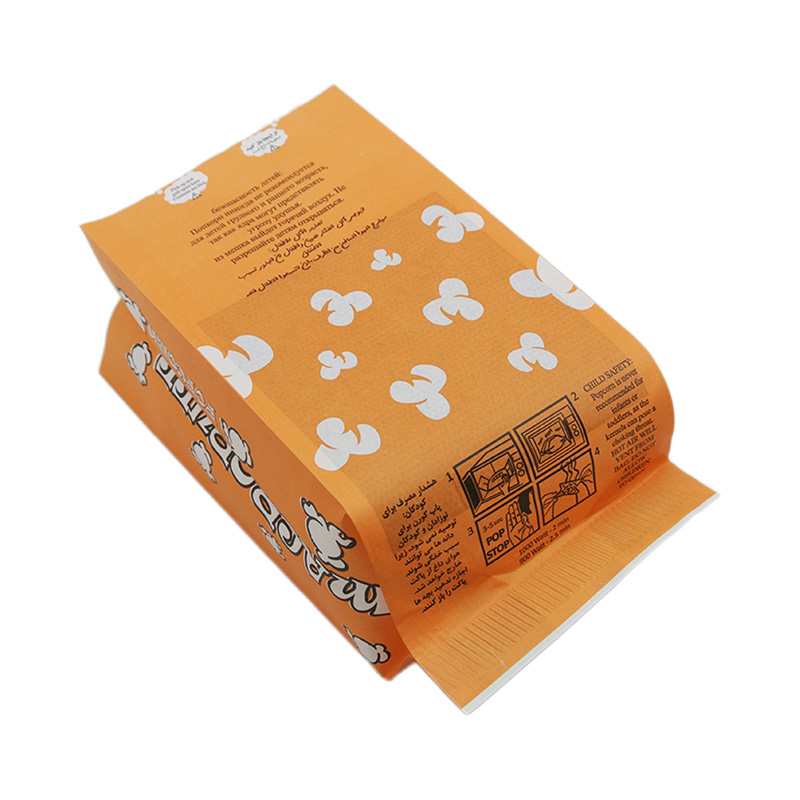
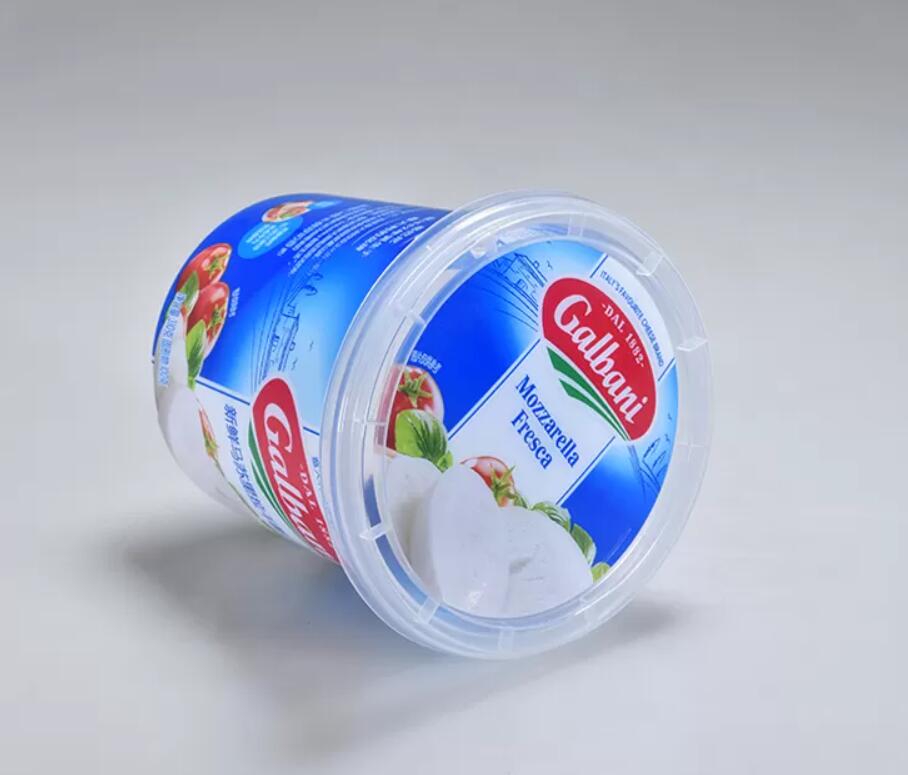
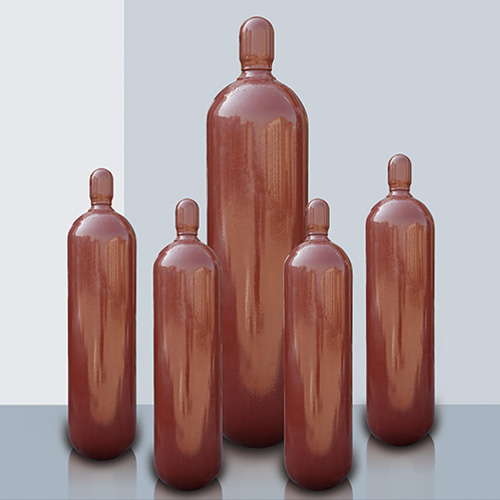
Comments
0